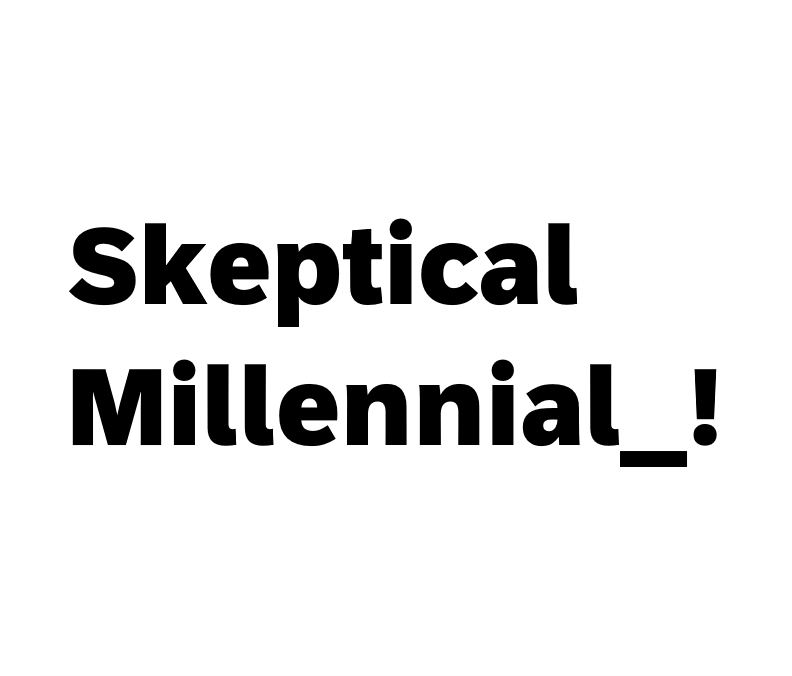The Impact of Social Media on Mental Health
In recent years, the widespread use of social media has undeniably revolutionized the way we communicate, connect, and share information. With just a few taps on our smartphones, we can instantly update our statuses, share pictures, and engage in conversations with people from all corners of the globe. However, while social media has brought numerous benefits, it has also raised concerns about its impact on mental health.
One of the primary issues surrounding social media is the phenomenon of “social comparison.” People tend to showcase their highlight reels on platforms like Instagram and Facebook, boasting about their accomplishments, lavish vacations, and picture-perfect lifestyles. This constant exposure to others’ seemingly perfect lives can lead to feelings of inadequacy and envy, diminishing self-esteem and increasing anxiety and depression levels.
Moreover, with the rise of cyberbullying, social media platforms have become breeding grounds for harmful behaviors. The anonymity it affords allows individuals to engage in online harassment, leading to emotional distress and even suicidal thoughts in some cases. The constant bombardment of negative comments and questionable content can profoundly affect one’s mental well-being, leaving lasting scars.
The addictive nature of social media is also a pressing concern. Spending excessive amounts of time scrolling through feeds and constantly seeking validation from others can lead to feelings of isolation, loneliness, and FOMO (fear of missing out). The constant comparison, pressure to conform, and fear of falling behind can take a toll on mental health, leading to feelings of anxiety and depression.
Additionally, studies have found a link between social media usage and disrupted sleep patterns. The blue light emitted by screens interferes with melatonin production, making it difficult to fall asleep. This lack of quality sleep can have detrimental effects on mental health, as it impairs cognitive abilities, increases irritability, and exacerbates symptoms of anxiety and depression.
However, it’s important to note that social media isn’t inherently negative. It can serve as a valuable platform for support, raising awareness about mental health issues, and connecting people in profound ways. Many online communities provide a sense of belonging, offering support, and understanding to individuals facing mental health challenges.
To mitigate the negative impacts of social media on mental health, it’s crucial to practice moderation and set boundaries. Limiting screen time, disconnecting from social media periodically, and engaging in offline activities can help maintain a healthy balance. Additionally, cultivating self-awareness and being mindful of the emotions social media triggers can prevent the downward spiral of comparisons and self-doubt.
In conclusion, social media’s impact on mental health is a complex issue with both positives and negatives. While it allows for connection and community, it also brings forth potential harm through social comparison, cyberbullying, addiction, and sleep disturbances. By being conscious of our social media usage and taking necessary steps to protect our mental well-being, we can harness the benefits while mitigating the drawbacks of this powerful tool.
Keywords: Robo-Advisor Basics
************
Want to get more details?
Skeptical Millennial
https://www.skepticalmillennial.com/
Unlocking the secrets to millennial moolah magic! Join our money-savvy journey in the world of Personal Finance and Investing
